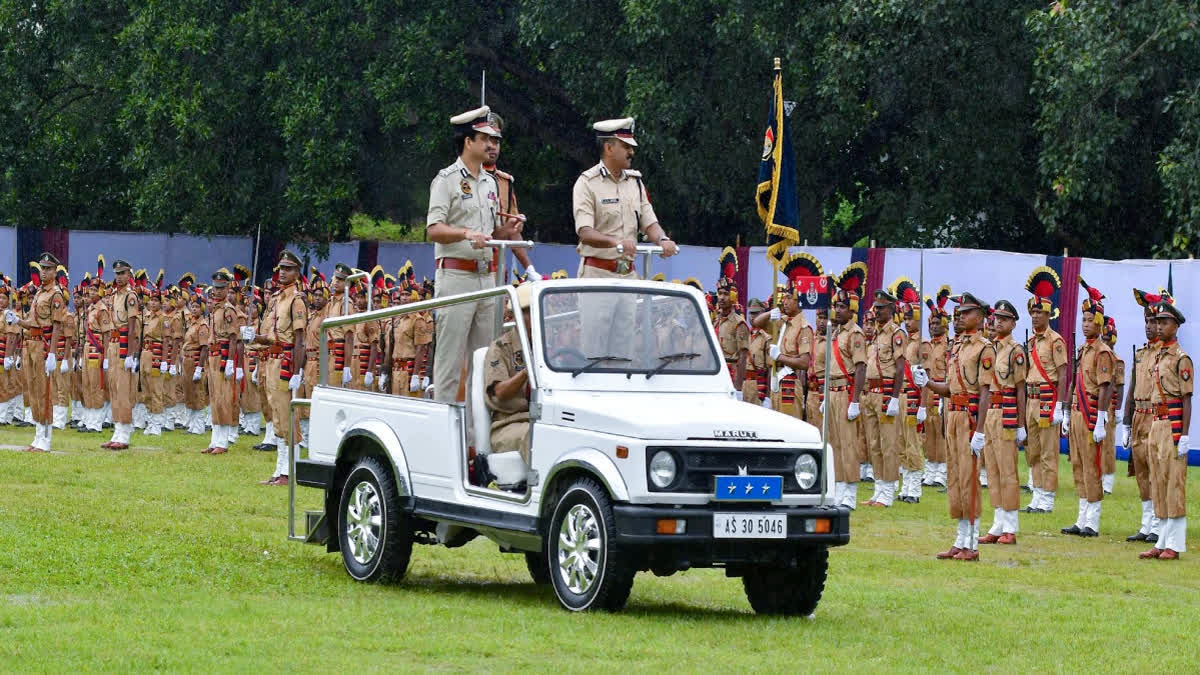New Delhi: The autonomy and impartiality of police in India is under threat from external interference from politicians. If political figures exert pressure on law enforcement, it can result in meddling with decision-making, case prioritisation, and the distortion of results, said senior IPS officer Imran Wahab.
Wahab, a 2004 batch officer, who is currently serving as IGP West Bengal, in the latest issue of Indian Police Journal said that political interference is a major challenge police forces in India are facing and it not only weakens the principle of fair law enforcement, but it also erodes the notion of independent police forces.
"The politicisation of police not only compromises the rule of law but also decreases the public's faith in the justice system, as citizens may feel that there is an absence of accountability and objectivity," he said.
Wahab said that to protect the autonomy of police from political interference is essential for preserving the integrity of the criminal justice system and providing equal treatment under the law.
"According to Julio Ribeiro, former Police Commissioner of Mumbai and former DGP of Gujarat and Punjab, entrusting operational independence to police leaders does not imply carte blanche. A police force has to be accountable but to the law and the law alone. The job of the elected politicians is to monitor performance and conduct of each and every member of the force and hold its chief to account,” he said.
Wahab has highlighted several critical challenges the police forces in India are facing. Some of the critical challenges include lack of mental health services, shortage of manpower, poor forensic facilities, low salaries and benefits, scarcity of vehicles and fuel, long working hours, corruption, life without family and posting in far-flung areas among others.
"Corrupt practices within the police force in India pose a considerable issue, as they can significantly impede the investigative process and corrode public trust in law enforcement. Bribery and collusion are two such examples that have the potential to undermine the impartiality and dependability of law enforcement activities. This not only obstructs the progress of justice, but it also creates a sense of mistrust among the public, thus discouraging individuals from participating in collaboration with the police," he said.
Workplace safety concern is another major issue police forces in India are facing, the senior IPS officer contended.
"Police personnel, including women, face safety concerns during their duties, especially in high-risk situations or public protests. This exposes them to physical harm and confrontations. Women officers may experience additional safety issues due to gender-based violence or discrimination. These concerns not only risk their physical wellbeing but also impact their psychological health, leading to trauma," he said.
Wahab suggested that to address this issue, law enforcement must prioritise safety with proper training, equipment, and support services. "Clear guidelines for managing high-risk situations are essential to minimise risks. Promoting a safety culture and providing comprehensive resources can enhance officers' effectiveness and resilience in the face of safety challenges," he said.



